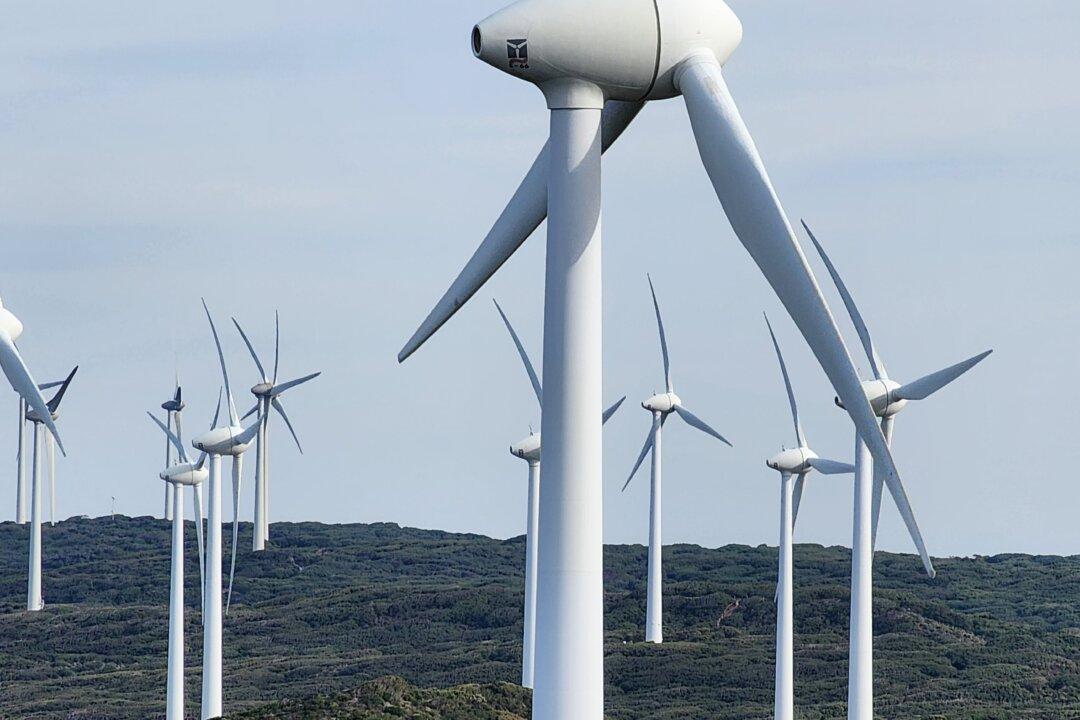Commentary
So Chris Bowen, Australia’s climate change and energy minister, wants a “green tariff,” raising the price of imports that emit too much CO2 and pocketing the proceeds in government coffers?

So Chris Bowen, Australia’s climate change and energy minister, wants a “green tariff,” raising the price of imports that emit too much CO2 and pocketing the proceeds in government coffers?